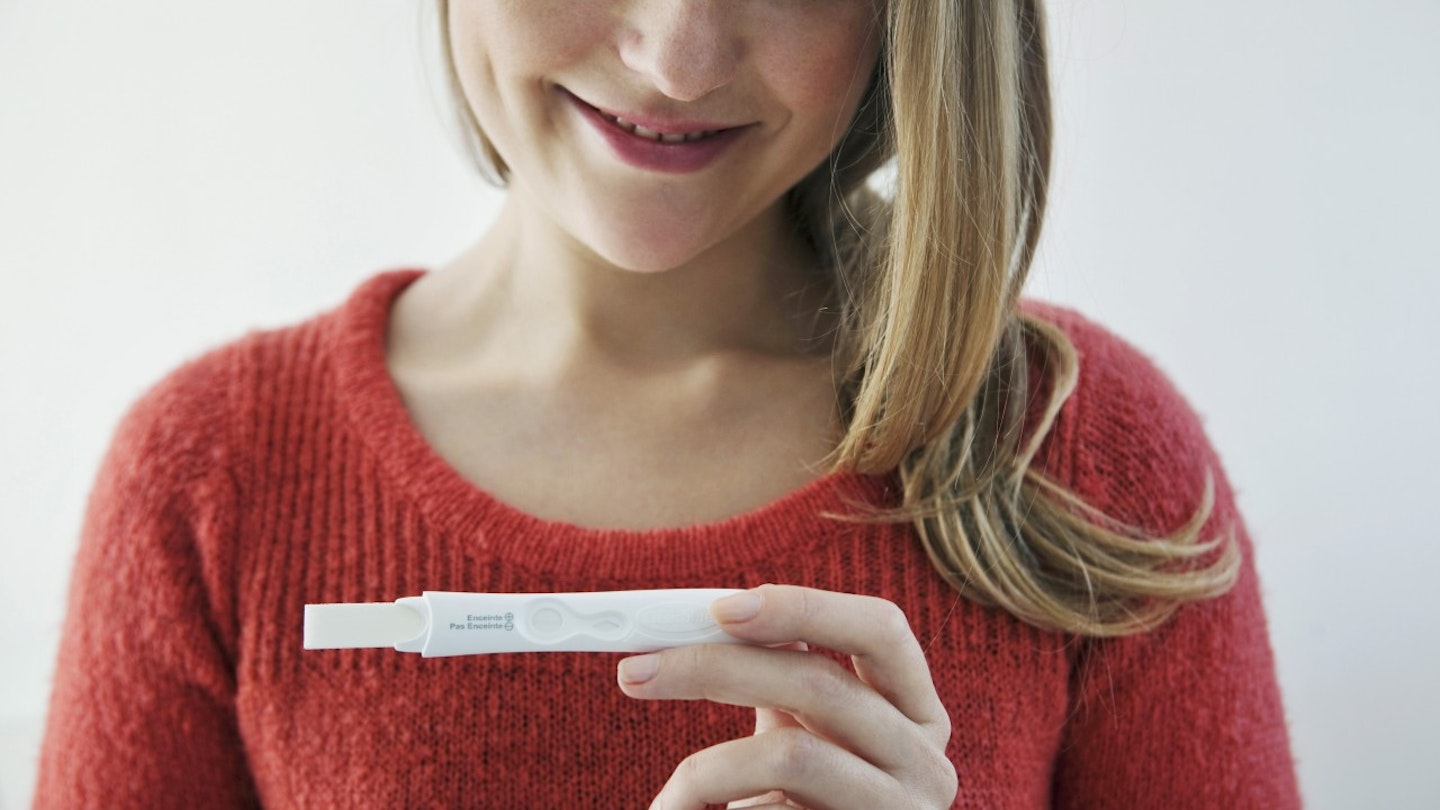From downing cough syrup, to keeping your legs up in the air after sex – here we separate the fact from fiction on some of the world’s most common pregnancy old wives’ tales.
When you tell anyone you are trying for a baby, suddenly you are given a world of weird and wonderful tips meant to help you conceive. However, many of them fail to live up to their promises.
To help separate the fact from fiction, fertility specialist Dr Israel Ortega, from fertility clinic IVI, advises on whether there is any truth behind some common old wives’ tales.
“Keeping your legs raised after sex will improve chances of conception”
Dr Ortega says: “Research has suggested that over 30% of UK couples believe that if the woman raises her legs in the air after intercourse, it will improve their chances of becoming pregnant.
“Unfortunately, there is no scientific proof to suggest that this is true. It is important to remember that each male ejaculation contains millions of sperm so it is simply not possible that all of them would disappear if a woman was to immediately stand up.
“Although there is no evidence to suggest that this is true, there is also no reason not to remain laid down for a short while after intercourse.”
“Drinking cough syrup will help you to conceive”
Dr Ortega says: “There isn’t any medical evidence to support this idea, but many women are big advocates of the approach.
“There is one ingredient which is commonly found in cough syrups, Guaifenesin, which some experts claim can thin cervical fluid – enabling the sperm to travel more easily up the fallopian tubes to fertilise the egg.
“We would not recommend this as an approved technique especially as taking medication when not needed can reduce its effect when required for illness.”
“Wearing tight underwear can reduce men’s fertility”
Dr Ortega says: “One of the most well-known old wives tales surrounding male fertility is that men who wear tight underwear will lower their sperm count, and therefore, reduce their chances of producing offspring.
“Many experts have commented that there is a potential link between a raised scrotal temperature and a reduction in sperm mobility however, very few medical studies have been able to back this up with evidence that raising the scrotal temperature has any lasting negative effects on sperm.
“For those who do tend to wear tighter underwear and are concerned this may be effecting their fertility, I would suggest choosing a slightly looser style that will not only allow the skin to breathe but will also help with general personal hygiene.”
“Exercising can make you infertile”
Dr Ortega says: “It has previously been suggested that women who do too much exercise risk making themselves infertile. However, if you pay attention to your body and ensure that your menstrual cycle is normal, then there is no reason why this should be the case. In fact, many experts actually advise women to carry out regular exercise when looking to conceive. Physical exercise has many benefits, particularly for the hormonal system, which can increase the odds of conception.
“I would recommend that anyone trying to fall pregnant is careful of the level of intensity of the exercise that they are carrying out to ensure that they are not expending too much energy however, generally speaking women should not be concerned about this.”
“Too much stress in your life will stop you from conceiving”
Dr Ortega says: “Contrary to popular belief, there is no medical backing to the claim that stress stops you from falling pregnant. Whilst we would always advice women to try and remove any unnecessary anxiety from their daily life to help them cope with the natural emotional ups and downs of trying to conceive, overall this should not have negative impact on your chances of falling pregnant.”
